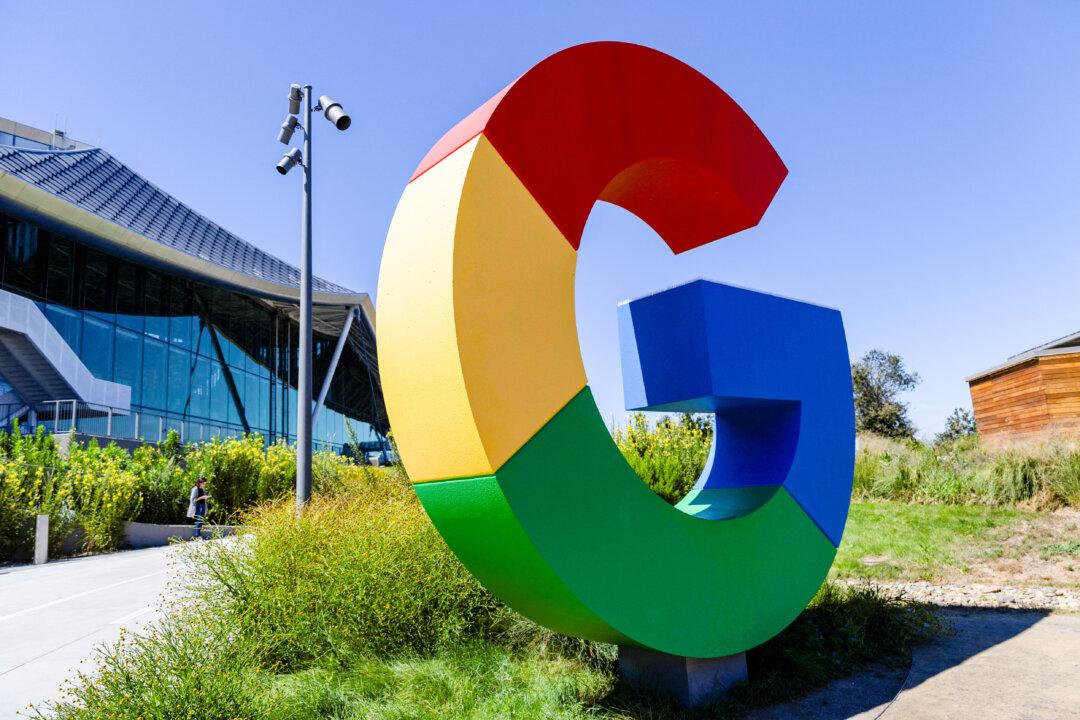A California bill that would have required Big Tech platforms to pay news providers for their content has made a significant evolution this week in Sacramento as lawmakers announced a deal that will fund newsrooms in the state and the development of artificial intelligence (AI) tools and resources to assist journalists.
The bill, AB 886, has been a source of contention between Big Tech platforms such as Google and local news outlets since it passed out of the suspense file—where bills are considered for their fiscal impact—last week during a critical Senate Appropriations Committee hearing.





